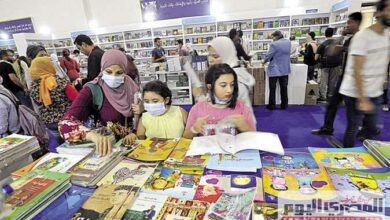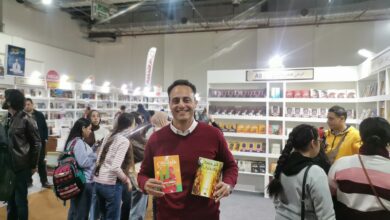
Stuffed animal sleepovers are one of the fun and effective ways to get children interested in reading, suggests a new Japanese study.
Designed to get children interested in picture books, stuffed animal sleepover programmes involve children taking their stuffed animals along to a library and leaving them there for a sleepover.
During the sleepover the animals “search” for books they want to read, with staff and volunteers taking photos of the animals exploring the library and reading together.
Children collect their stuffed animals the next day, along with the photos of their nighttime adventures and reading, and are given the books their animals chose to read.
Although the programmes are run in various locations around the world, the new small-scale study, which involved a stuffed animal sleepover programme for 42 preschool children, is the first to offer evidence that they have a positive effect on reading.
The team, from Okayama University, Kanazawa University, Osaka Institute of Technology and Kyushu University in Japan, found that although the children involved in the study did not spend time looking at the books in their preschool before the sleepover, immediately after many of the children not only showed interest in their picture books but also started to read to their stuffed animals, a new behaviour not seen before.
Although many parents read to their children it is a passive form of reading for the child, whereas reading to their animals helps develop children into more active readers.
In addition to developing reading skills, reading to the animals can also help to develop a child’s imagination, with the team commenting that many of the children really believed their animals had found and chosen the books, and can help boost children’s prosocial behaviour by encouraging them to read the books the stuffed animals “chose” during their sleepover.
The team also found that these beneficial effects are long lasting, with the children encouraged to read with their animals long after the sleepover took place.
The results can be found online published in the journal Heliyon.




